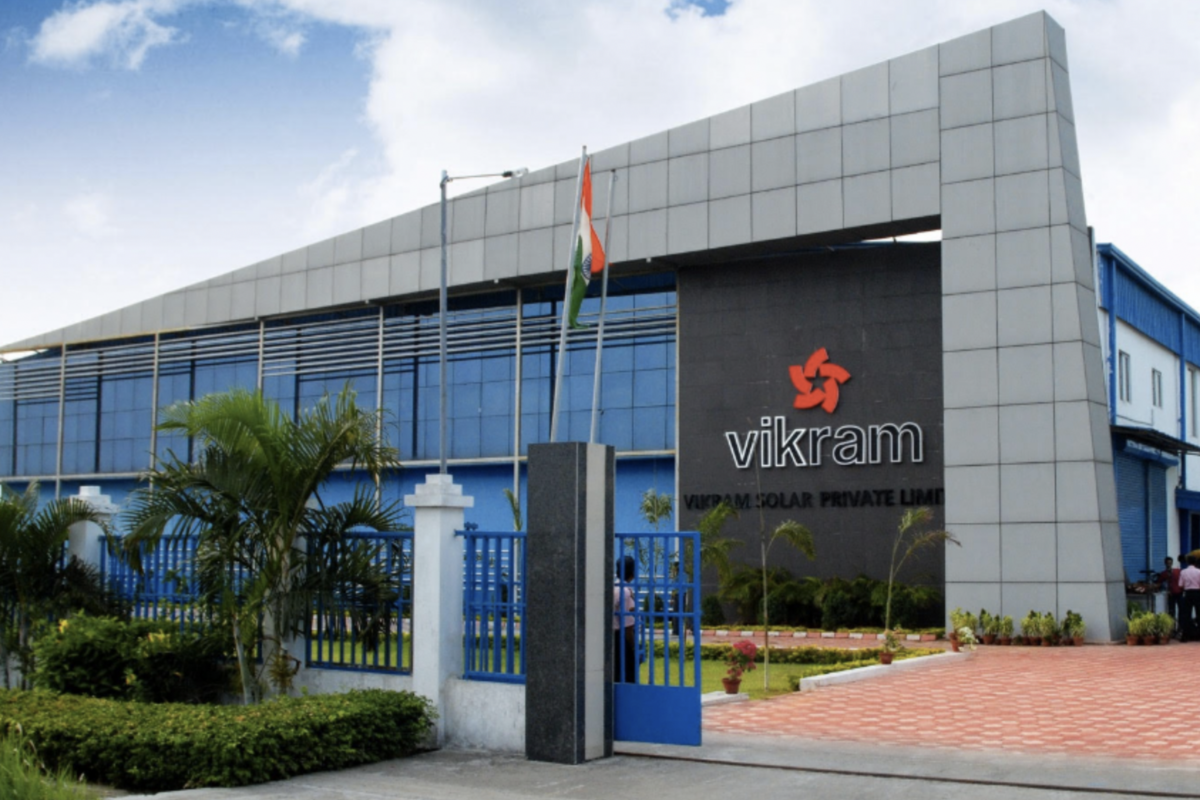Guyana’s Ministry of Public Infrastructure and rum producer Demerara Distillers Limited (DDL) have agreed to change the use of several areas at Diamond, in East Bank Demerara, where the company and ministry are separately involved in big development projects.
According to a ministry statement, the land use issues were discussed and agreed upon in principle and works are planned to improve drainage, traffic congestion and road safety. “Among DDL’s expansion plans are the construction of a new packaging facility, a new headquarters building, the establishment of a solar farm for energy generation, and the relocation of the Topco juice plant,” the ministry said.
Minister of Public Infrastructure David Patterson, and his ministry’s Permanent Secretary Kenneth Jordan, visited DDL’s bottling plant, warehouse and distillery.
In Guyana there is only one other large-scale PV project under development, a 100 MW facility planned with the support of the Norwegian government.
Guyana is planning to more than double its power generation from 749 GWh per year in 2015 to 1,503.5 GWh in 2025. Around 200 MW of new capacity is needed to satisfy rising demand and solar will supply part of the new generation assets. To date however, only a few megawatts of PV – mostly rooftop systems – are connected to the grid. Rooftop arrays benefit from net metering, which enables the sale of excess power to the grid.
Guyana’s ambitious Low-Carbon Development Strategy aims to meet all power demand with renewables by 2025. That means the current capacity of 200 MW – provided by two thermal power plants – will have to be completely replaced.
This content is protected by copyright and may not be reused. If you want to cooperate with us and would like to reuse some of our content, please contact: editors@pv-magazine.com.




1 comment
By submitting this form you agree to pv magazine using your data for the purposes of publishing your comment.
Your personal data will only be disclosed or otherwise transmitted to third parties for the purposes of spam filtering or if this is necessary for technical maintenance of the website. Any other transfer to third parties will not take place unless this is justified on the basis of applicable data protection regulations or if pv magazine is legally obliged to do so.
You may revoke this consent at any time with effect for the future, in which case your personal data will be deleted immediately. Otherwise, your data will be deleted if pv magazine has processed your request or the purpose of data storage is fulfilled.
Further information on data privacy can be found in our Data Protection Policy.